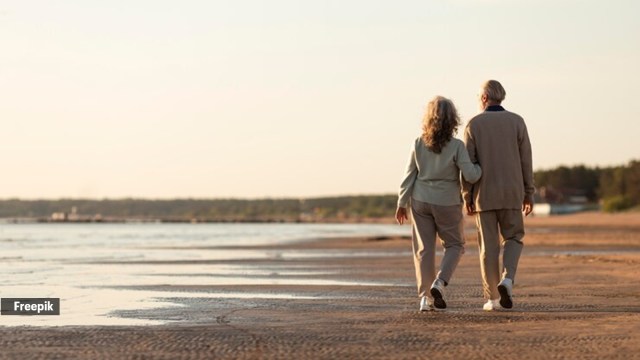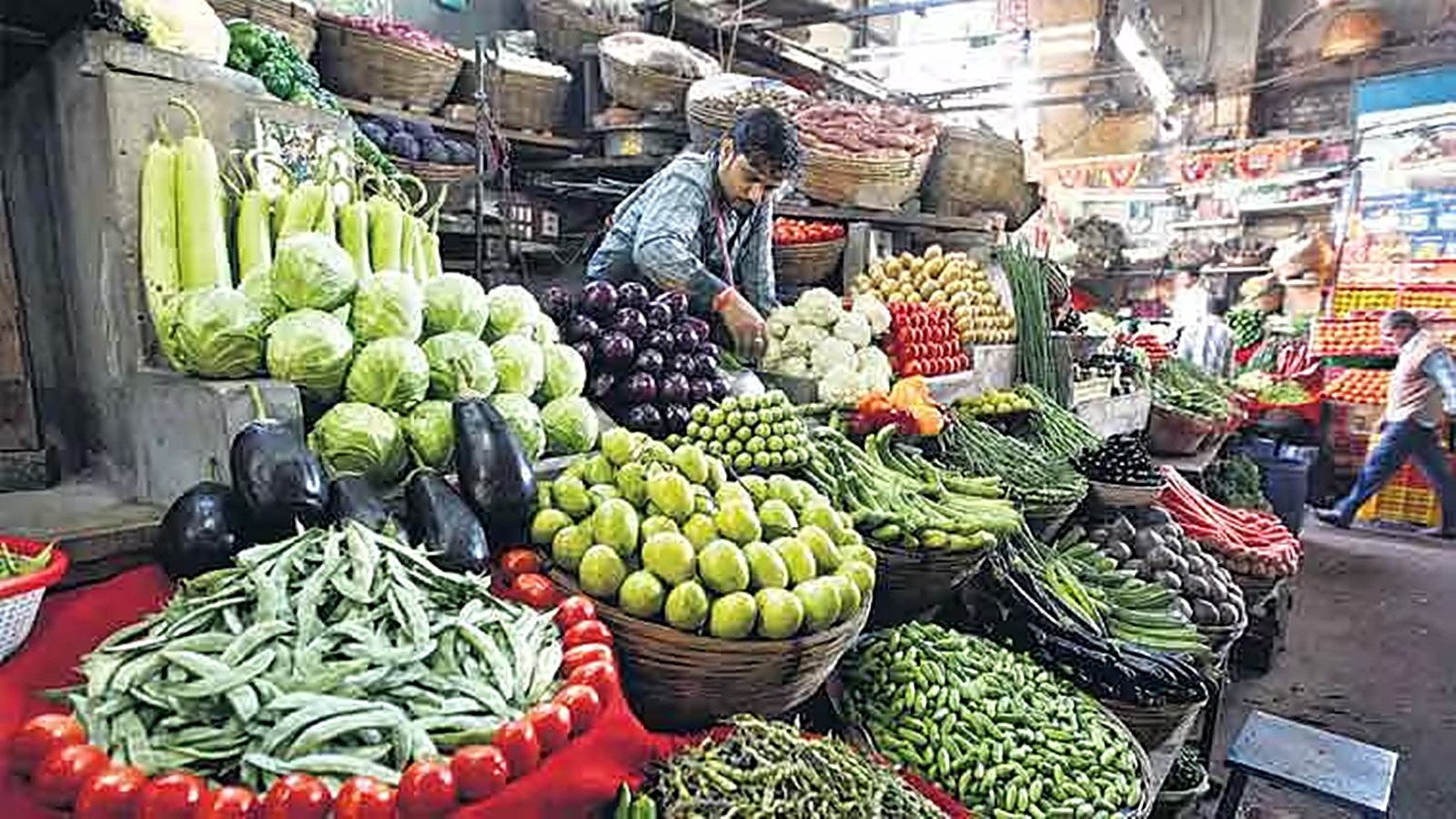📣 For more lifestyle news, click here to join our WhatsApp Channel and also follow us on Instagram
263 of the world’s longest-living people share their 8 ‘non-negotiables’ for a long, happy life
According to Dr Karanam, individual health is a complex interplay of various factors, and these guidelines provide a foundation for a healthy lifestyle.
 It's important to remember that individualised advice from healthcare professionals is crucial for tailoring recommendations based on specific health needs and conditions. (Source: Freepik)
It's important to remember that individualised advice from healthcare professionals is crucial for tailoring recommendations based on specific health needs and conditions. (Source: Freepik) People who live in the blue zones are said to have the longest lifespans. Dan Buettner, an author and explorer who initiated the study of longevity hotspots, has dedicated himself to uncovering the distinct lifestyle practices adopted by residents of these regions that contribute to their exceptional health.
Buettner conducted interviews with 263 individuals aged 100 or older, revealing what he terms the non-negotiables that contribute to a longer life:
Movement is life
The world’s longest-lived individuals don’t engage in strenuous exercise but live in environments that naturally encourage movement. They incorporate activities like gardening and avoid mechanical conveniences for household chores.
Dr Keerthi Karanam, psychiatry consultant, CARE Hospitals, Hyderabad, advised engaging in activities that involve natural movements, such as walking, gardening, or dancing, as they contribute to cardiovascular fitness, flexibility, and muscle strength.
Having a purpose is important
Known as “ikigai” in Japan and “plan de vida” in Costa Rica, having a sense of purpose beyond work is crucial. Research suggests that knowing your sense of purpose can add up to seven years to your life, according to Buettner.
Dr Karanam agreed, adding that people with a clear sense of purpose often have lower levels of stress and anxiety.
Mellow down
Despite experiencing stress, blue zone residents have routines to alleviate it. Practices include taking moments to remember ancestors, praying, napping, or enjoying a happy hour.
The 80 per cent rule
The Confucian mantra “hara hachi bu” encourages stopping eating when the stomach is 80 per cent full. Blue zone inhabitants eat their smallest meal in the late afternoon or early evening and abstain from eating for the remainder of the day.
“Proper nutrition supports immune function, helps maintain a healthy weight, and reduces the risk of chronic conditions such as heart disease and diabetes. Antioxidants found in fruits and vegetables, for example, play a role in protecting cells from damage,” said Dr Karanam.
Plant diets are the best
Beans, such as fava, black, soy, and lentils, are foundational in most blue zone diets.
 Meat is consumed infrequently, averaging around five times per month in small servings.(Representational/File)
Meat is consumed infrequently, averaging around five times per month in small servings.(Representational/File)
Community is important
The majority of centenarians in blue zones are part of a faith-based community, regardless of denomination. “Research suggests that attending faith-based services regularly can extend life expectancy by four to 14 years,” wrote Buettner for CNBC.
Prioritise your loved ones
Blue zone centenarians keep ageing family members nearby, which studies show can lower disease and mortality rates for their children, according to Buettner.
Find your people
The world’s longest-lived individuals choose or are born into social circles that support healthy behaviors. For instance, Okinawans form “moais” — groups of five friends committed to each other for life, wrote Buettner.
While adhering to these guidelines doesn’t guarantee reaching 100 years old, it significantly increases the likelihood of adding more fulfilling years to your life.
According to Dr Karanam, individual health is a complex interplay of various factors, and these guidelines provide a foundation for a healthy lifestyle. It’s important to remember that individualised advice from healthcare professionals is crucial for tailoring recommendations based on specific health needs and conditions.
📣 For more lifestyle news, click here to join our WhatsApp Channel and also follow us on Instagram



- 01
- 02
- 03
- 04
- 05
























